

FOCUS: FNP PROGRAMS
Editor’s Notebook
With a shortage of primary care physicians and registered nurses, nurse practitioners (NPs) have been stepping up to fill in the gaps, mentor new nurses in the field, and expand their workforce to deliver care to millions of patients across the country.
Becoming an NP provides a wide range of specialties, but the family nurse practitioner (FNP) role is among the most popular. Do you know that nearly 70% of NPs are certified in family care? FNPs have extensive experience and can significantly impact underserved communities.
FNPs are pivotal in delivering high-quality healthcare services, focusing on preventive care and treating acute and chronic conditions. Their holistic approach to patient care means that they concentrate on the patient as an individual and part of a family, ensuring comprehensive medical care for patients of all ages.
The demand for FNPs is growing, with changing healthcare regulations, expanding health insurance options, and an increasing focus on preventive care. So, let’s give a big shout-out to all the family nurse practitioners who are making a difference in our communities!
This month, Minority Nurse focuses on FNP programs. Deciding a career path can be challenging, but we’re here to help. Our team has put together some insightful tips to help determine if becoming an FNP is the right choice. Plus, we’ll guide you in choosing the best FNP program that suits your needs. We’re also sharing insights into the journey of becoming an FNP and how FNPs are meeting the mental health needs of their patients.
So, if you’re ready to explore the world of FNP programs and learn more about this exciting career path, we can’t wait to help you navigate your way to success!
“Family nurse practitioner because freakin’ awesome is not an official job title.” – Family Nurse Practitioner shirt for sale on Etsy.


Creating a Culture of Impact
“It is unlike any other online education program.”
— Maria Labadie-DeGennaro FNU Alumna
Offering Master’s and Doctoral Degrees for Registered Nurses
• Affordable Tuition Rates
• Dedicated Clinical Placement Support Services
• Flexible, Online Program
• Supportive Doctorally-Prepared Faculty
• Mission Focused on Serving Rural and Underserved Communities
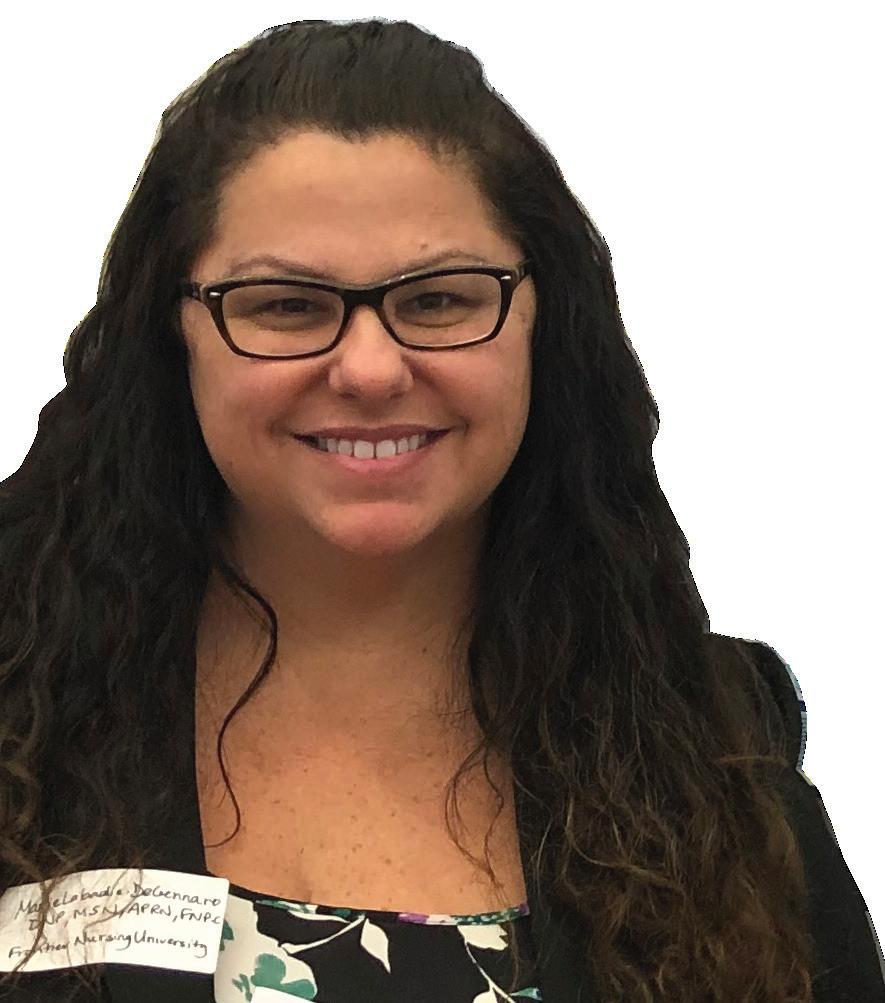
Specialties Offered:
• Nurse-Midwifery
• Family Nurse Practitioner
• Women’s Health Care Nurse Practitioner
• Psychiatric-Mental Health Nurse Practitioner

Frontier Nursing University is honored to be a recipient of the 2022 HEED Award for the fifth consecutive year.
Apply now at Frontier.edu/MinorityNurse
FNU Alumna
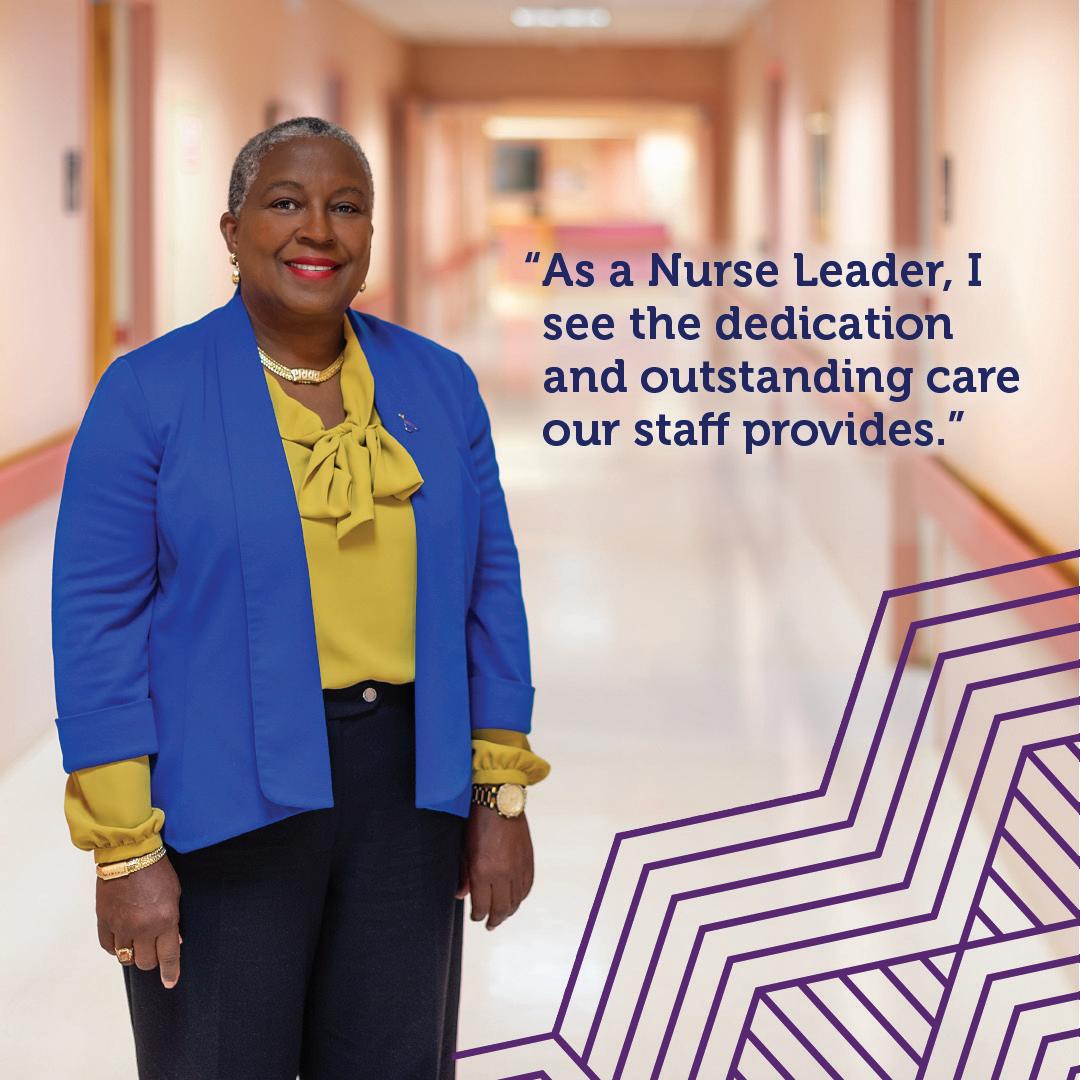
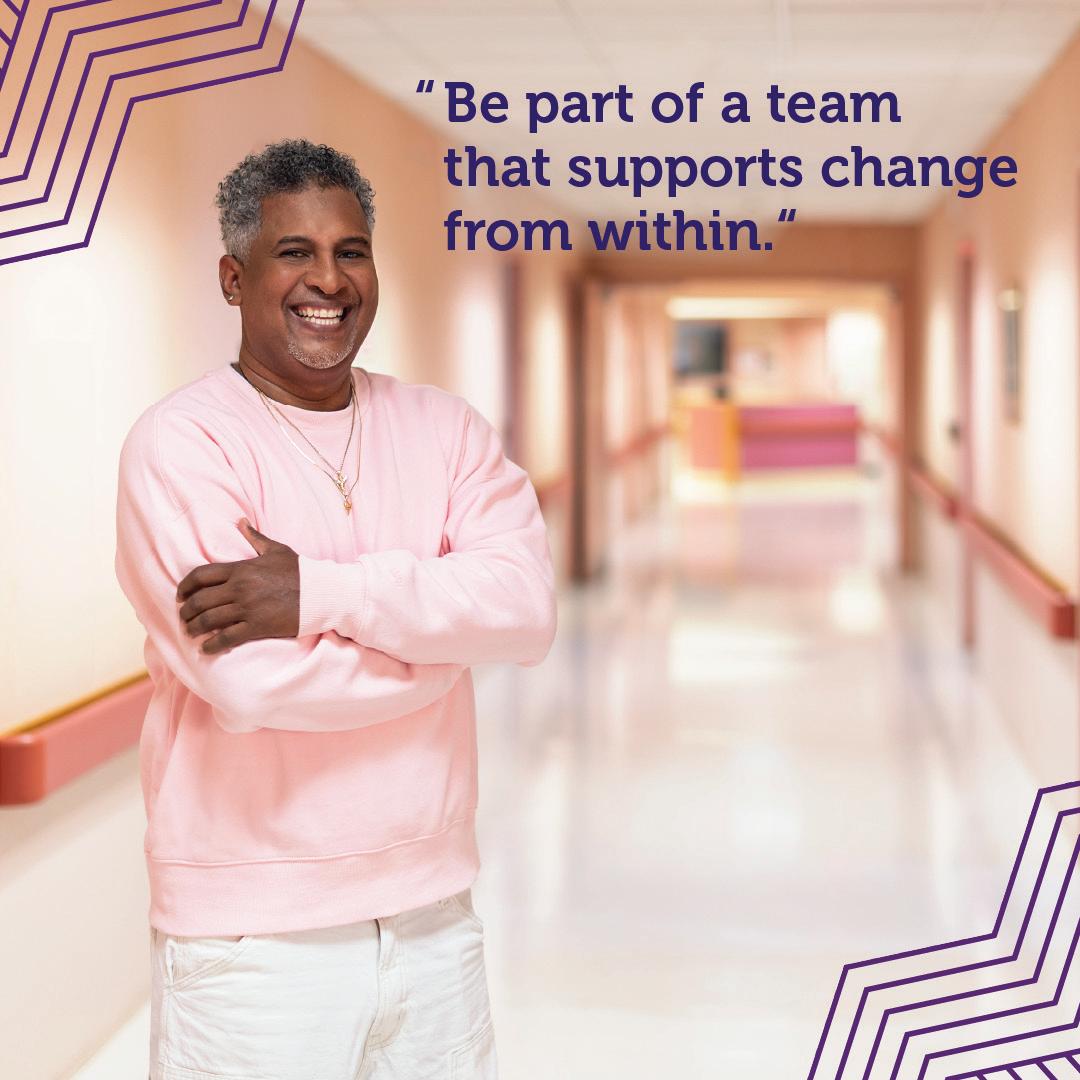
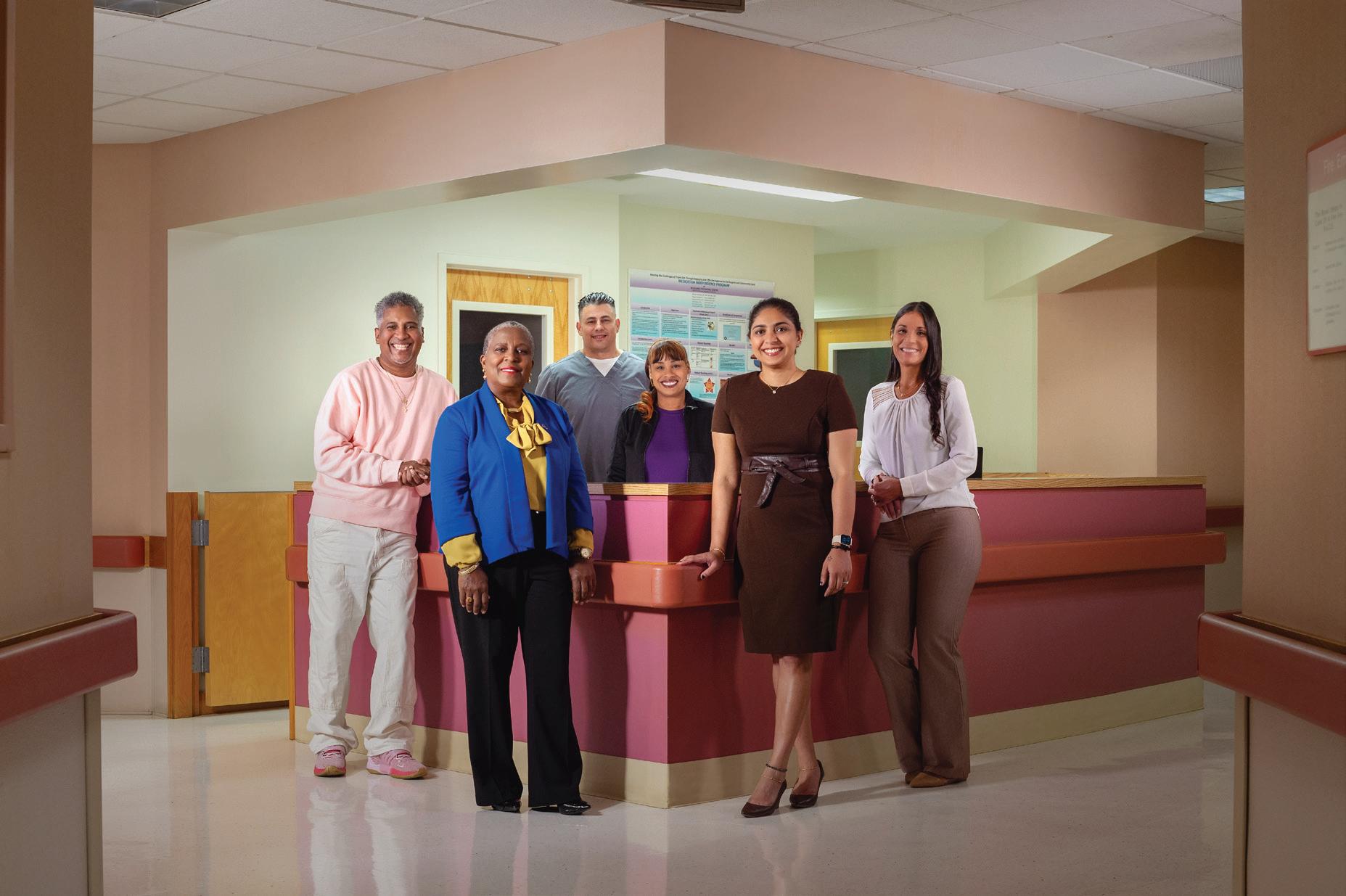
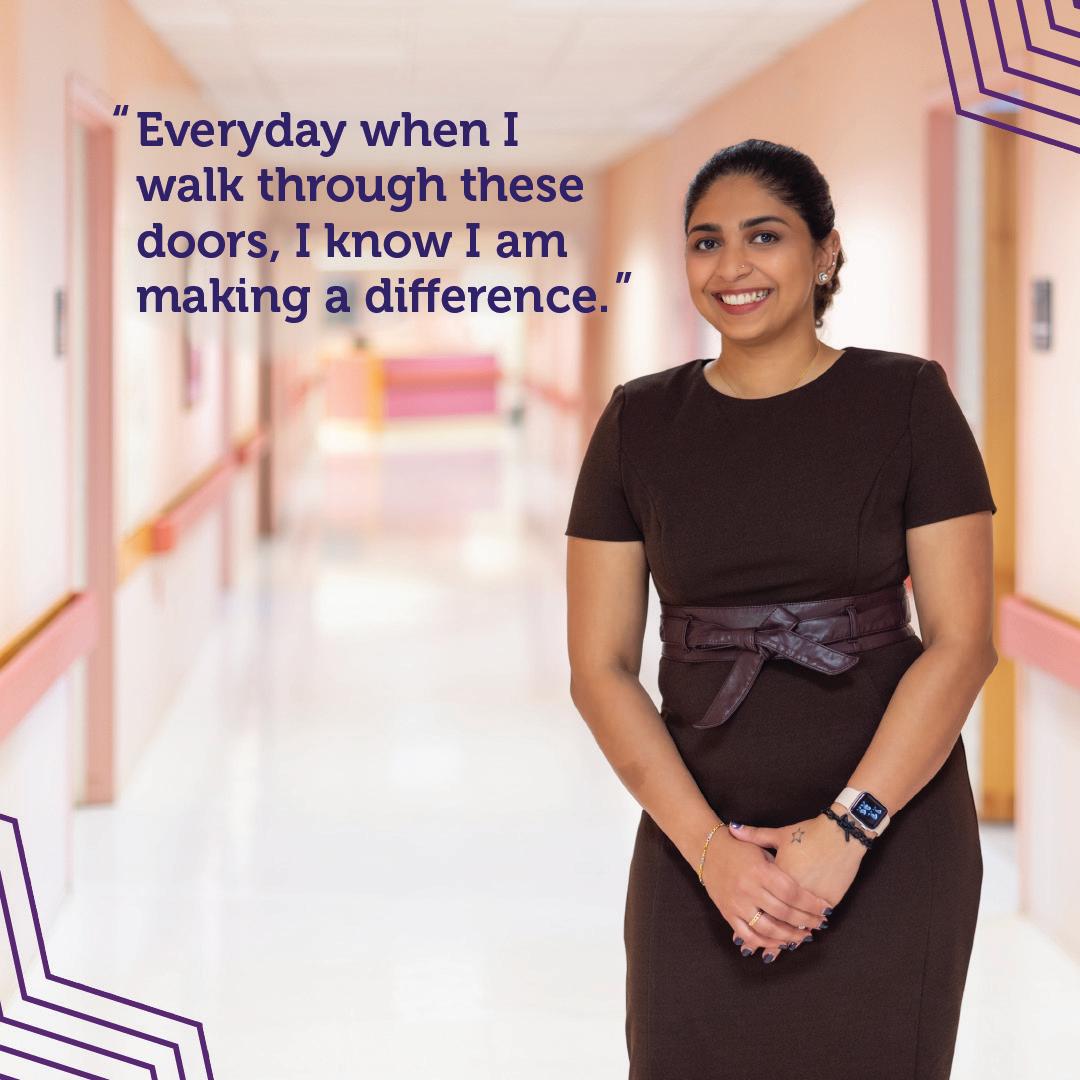

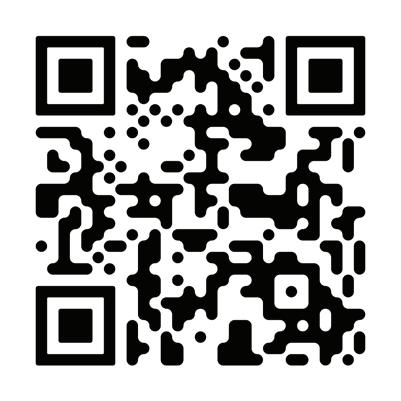
Is the FNP Program Right for You?
By Julia Quinn-Szcesuil
The family nurse practitioner (FNP) credential is a popular choice for nurses considering the right academic path to becoming nurse practitioners.
While nurses can choose a route that addresses more specific populations, such as a pediatric NP, a psychiatric NP, or an adult-gerontology NP, the FNP offers an opportunity to treat patients across the lifespan—from infants to centenarians.
In fact, according to the American Association of Nurse Practitioners (AANP), 70 percent of nurse practitioners are FNPs.
The appeal of the FNP is rooted in both the patient care opportunities and the professional autonomy the FNP offers. “The premise behind the FNP is to provide holistic care for all individuals,” says Julia M. Steed, PhD, APRN, FNP-BC, CTTS, academic director of the Family Nurse Practitioner Specialty and assistant professor at Vanderbilt University School of Nursing. She says that FNPs focus on
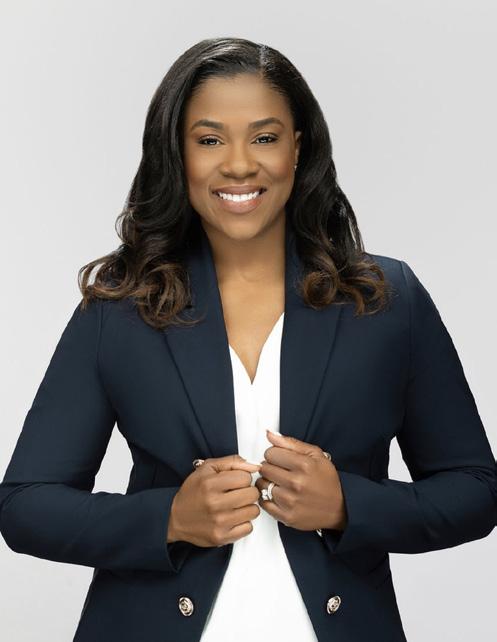
an approach that emphasizes health prevention and promotion appropriate for different lifestyles and cultures. It’s an approach that’s useful in many healthcare settings.
Nurses choose a path for many reasons, often based on a mix of personal and occupational experiences, says Tearsanee Carlisle Davis, DNP, FNP-BC, PMHNP-BC, FAANP, the director of Clinical Programs and Strategy at the University of Mississippi Medical Center (UMMC) Center for Telehealth and an associate professor at UMMC. “Originally, I entered a nurse educator program because of my love for teaching,” Davis says. “However, after the first day, I knew I loved patient care more. I switched programs and became an FNP. One of the main reasons for my choice was my hometown and the needs of the people there. I knew that nurse practitioners were the answer, and I was excited to become a part of something that could change people’s health.”
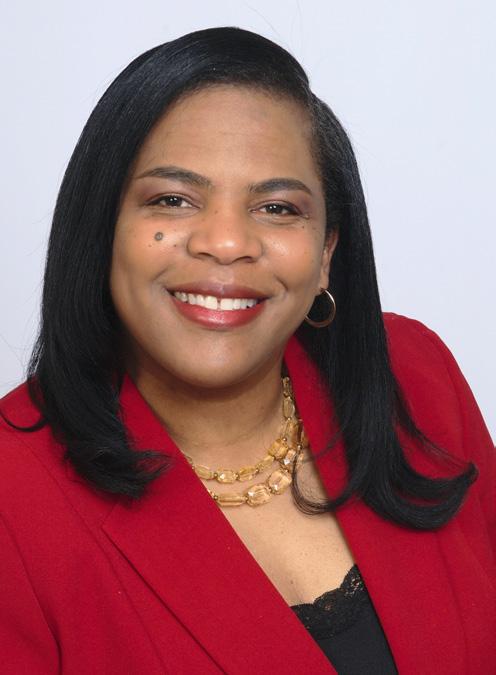
Tearsanee Carlisle Davis, DNP, FNP-BC, PMHNP-BC, FAANP, the director of Clinical Programs and Strategy at the University of Mississippi Medical Center (UMMC) Center for Telehealth and an associate professor at UMMC.
Jo Loomis, DNP, FNP-C, CHSE, CLC, ANLC, NCMP, CNL, associate professor in the School of Nursing and Health Professions at the University of San Francisco, realized that her original midwifery plan would better serve her if she could do what she found was pulling at her—being able to care for the whole family. Nursing students, she says, can keep an open mind as they are moving through clinical settings that will include other NP areas, such as pediatrics or women’s health, and can pay special attention to the especially appealing areas—or notice if they all are.
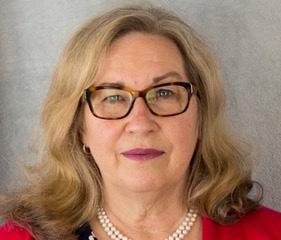
Jo Loomis, DNP, FNP-C, CHSE, CLC, ANLC, NCMP, CNL, associate professor in the School of Nursing and Health Professions at the University of San Francisco.
Loomis says that as an FNP, a nurse can have a broad scope of everything that may contribute to a patient’s health. They focus on the tenets of health promotion, risk aversion, and disease prevention. “They take it all into consideration,” Loomis says, including that other factors might influence a care plan or other people involved. She says the role consists of listening to the patient’s health concerns and what is happening in their lives.
The FNP is an excellent choice for many nurses, but not all. If nurses are trying to decide the best credential,
Davis says to remember what is truly important. “I believe [nurses] should answer their ‘why’ for advancing their education first,” she says. They will be more successful if they can prioritize what makes them tick. “I believe that by knowing their reason for choosing a path, they will understand the responsibility that comes with it,” she says. The FNP, says Steed, includes a little bit of everything, which gives an FNP the ability to adapt to different patients and settings. Steed has used her FNP as a practicing nurse in areas ranging from chiropractic to urgent care to weight loss.
Finding the right academic program to earn an FNP is essential to a nurse’s success. Many factors influence the decision, and each nurse will have different priorities. The final decision includes determining what will work for course delivery (online or on campus), cost, location, and the length of the program. However, while the school’s reputation and the strength of the faculty are top-of-thelist fundamentals, a flexible approach will be helpful. Automatically thinking the shortest program is the best can be detrimental. “It takes time to learn the role and become fully equipped as an NP,” says Loomis.
Steed also recommends that nurses look into the student support available. Supports include all the assistance a grad student needs, including library help, career coaching, and even grad services counseling. Assessing what kind of research the school’s faculty members are working on and possibly reaching out to them individually also offers insight
into what opportunities will be available as an FNP student. Davis, who has used her FNP in settings as diverse as private practice, community health, emergency medicine, and academia, recommends putting in some work before making a decision. “I think they should study it and talk with others who have been
successful on the journey,” she says.
This crucial role allows nurses to make meaningful and measurable changes for families in their communities. In practice settings, the FNP, with a broad understanding of all ages and health conditions, is an expert in triaging what is within their scope to treat and
what might need additional expertise or specialists.
Once nurses are in practice as FNPs, they are often rewarded with seeing the change that comes from their work. “For me, it was the satisfaction of knowing I was meeting a real need in the community. Nurses are often the ones who connect with
the patients and family. As an NP, I felt better prepared to educate and provide care. My FNP experience opened many doors for me, many of which I could have never imagined,” Davis adds.

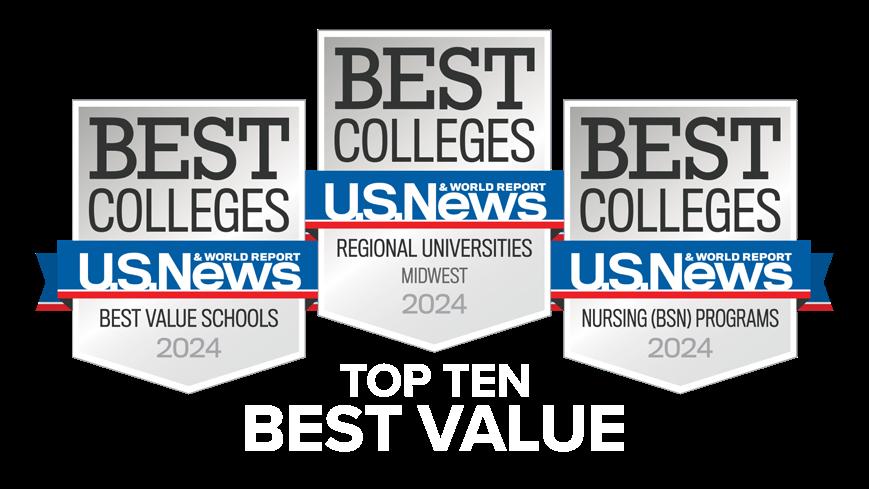


How Do I Choose an FNP Program?
By Dr. Lori Taylor
So, you’ve decided it’s time to further your education? Or maybe you haven’t decided yet because you are unsure what to do. So many questions are swimming through your mind: Are all FNP programs the same? How much will it cost?
Can I still work as an RN while I’m in school? How will I know which program is right for me? Well, never fear; you may find the answers you need here.
Are All FNP Programs the Same?
The short answer is no, and that can be a good thing. All accredited FNP programs in the United States must follow the standards of their accrediting bodies, both for nursing and their university at large, governmental regulations, licensure standards, and other guidelines. However, the standards can be arranged in several different ways. This allows nursing colleges to offer programs that fit various student needs.
The FNP curriculum is typically offered in three different formats: online, traditional face-to-face, or a hybrid of online and traditional. Online programs have made educational experiences more accessible to students who would not otherwise have the opportunity to further their education or who prefer the flexibility of online learning. When considering online learning, ask whether the classes are presented in synchronous, asynchronous, or a combination of formats.
Synchronous delivery typically means having online classes with a live instructor
at specific times, discussions with other students, and opportunities to ask questions and receive feedback. Asynchronous classes usually consist of recorded content, allowing students to access their learning experiences at any time of the day or night, with scheduled opportunities to interact with instructors. Combination formats are just that, a combination of the two.
Traditional programs provide face-to-face learning with an experienced instructor, and hybrid programs offer a taste of both in-person and online learning. So, determining which of the program types is right for you may take some self-evaluation. Some students need the structure of being required to show up in person at a specific date and time, and some are more self-regulated. Neither is right, and neither is wrong. Just make sure to think it through to set yourself up for success.
Another similarity between FNP programs is the requirement for hands-on patient care in clinical settings with properly vetted preceptors. Make sure to inquire about preceptor policies when considering a program. Some programs arrange clinical experiences for their students. However, the vast majority of programs require students to arrange their own clinical experiences. So, the time to start networking with FNPs in your area is now. Most programs allow students to learn from physicians for some required hours.
However, the majority of hours should be spent learning
from an experienced nurse practitioner. Because the FNP scope of practice encompasses patients across the lifespan, students will likely be required to have preceptors in differing specialties: pediatrics, women’s health, primary care, and urgent care. Many programs also allow preceptorships within sub-specialties such as aesthetics, dermatology, podiatry, cardiology, urology, etc. Think outside the box. It never hurts to ask whether your favorite practitioner could be approved for a clinical experience.
A couple of words to the wise concerning preceptorships:
• Some preceptors require payment for their services, and some do not. Some colleges allow paid preceptors, and some do not. Make sure to ask about this before you enroll in a class that requires a preceptor.
• Contact your state’s Board of Nursing (BON) to ensure they allow clinical experiences while you learn from another location. The college you apply to should provide this information, but it always helps to check it out yourself.
How Much Will an FNP Program Cost?
According to Nurse.org (https:// nurse.org/education/bestfamily-np-programs/), the range for graduate credit hours is approximately $500 to $2000. Required credits usually range from 46 to 54, but there are variations. So, look at the program curriculum and do the math. Also, don’t forget to ask about fees, books, supplies, etc., and start thinking
about scholarships, grants, and financial aid now.
Please consider your time cost as well. Colleges and universities must calculate in-class time, expected out-of-class work time, clinical time, lab time, etc. So, think of solutions ahead of time for things like childcare, vacations, practice, and life in general. While graduate school is temporary, it will likely mean change for the whole family. So, make sure to talk it through with all of those important people in your life. After all, people can do just about anything for a while, as my Nana always told me.
Can I Still Work as an RN While I’m in School?
Most people do work while in graduate school. However, this may factor into your decision about the type of program you want to attend. An asynchronous program may work better if your practice site requirements conflict with traditional or synchronous course requirements. Or your practice site may be willing to accommodate the changes you need. It never hurts to ask. Just remember, a practice site is a great place to make contacts for clinical preceptors.
How Will I Know Which Program Is Right for Me?
Consider the things above and talk to people that you trust. Ask them to tell you about their experiences. Then, consider what they say with your perspective in mind. Ask good questions and do your homework in examining available programs. You must
consider your learning style, non-negotiable responsibilities, resources, and your family’s willingness to be flexible for a little while. When considering a program, you need
to know about the format, the college’s accreditation status, the program’s success in licensure pass rates and graduate placements, the length of the program, the cost in money
and time, the program’s preceptor requirements, and whether your BON allows learning from the college’s state. Then, choose wisely and GO FOR IT!
Dr. Lori Taylor, PhD, DNP, APRN, FNP-C, CPN, PMH-BC, is the Director of Curriculum and Academic Success at South University’s College of Nursing and Public Health


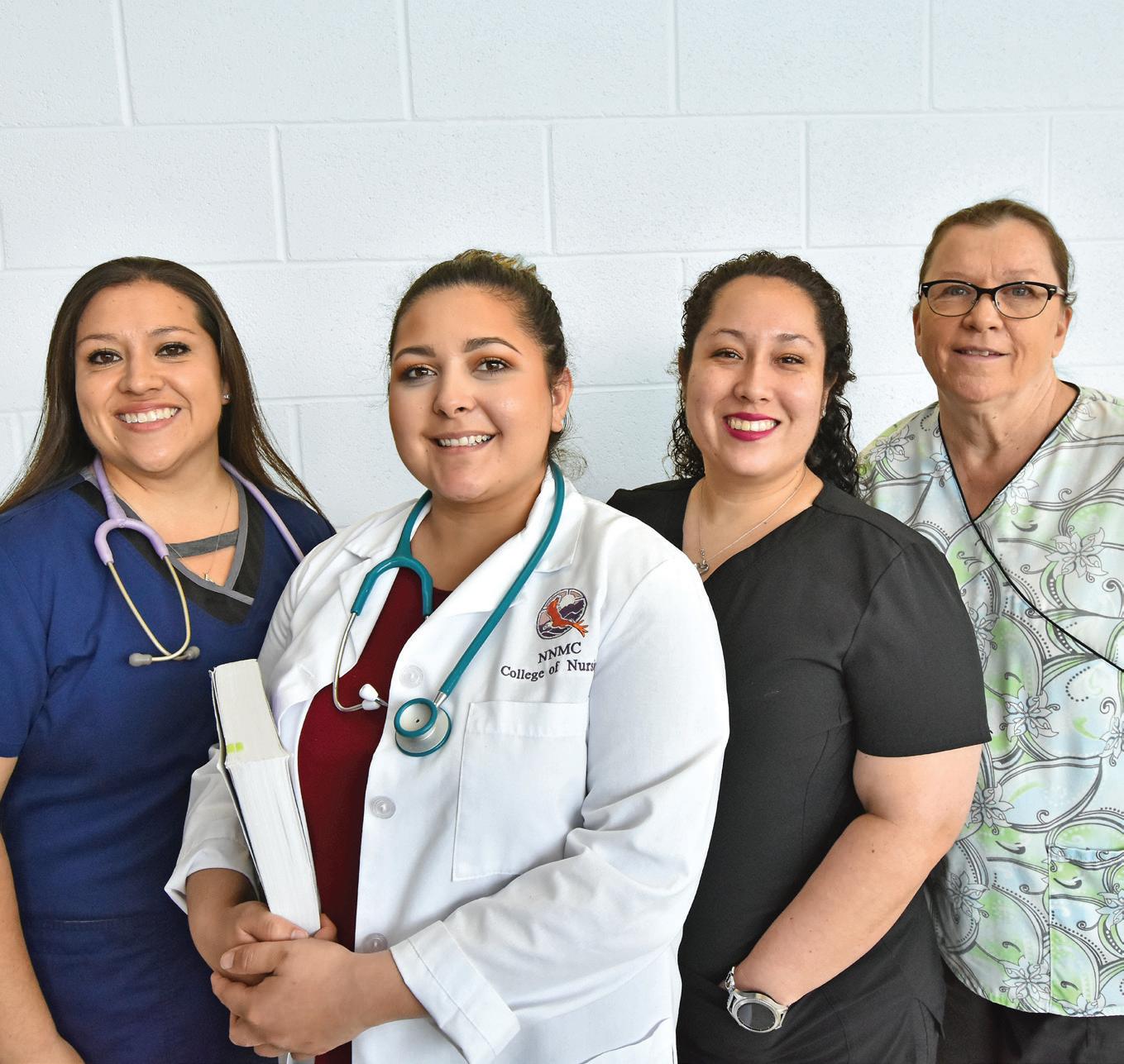
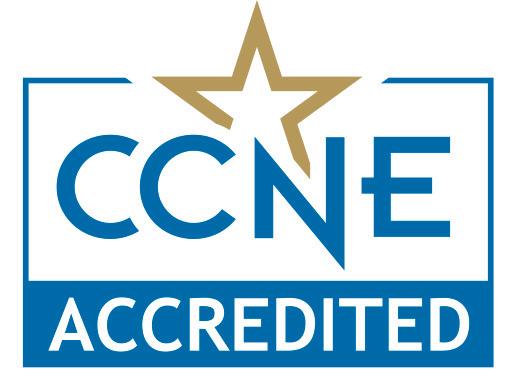
The Road to Becoming an FNP
By Keith Carlson
Nurse practitioners (NPs) are essential healthcare providers who are excellent, skilled clinical resources for newborns and elderly patients. While there are many available NP career choices, the family nurse practitioner (FNP) is a trendy option among nurses seeking to become primary care providers with the authority to diagnose illnesses, order diagnostic tests, prescribe medications, and manage the care of patients across the lifespan.
If you’re a nurse who wants to become a family nurse practitioner, what does that avenue look like, and what hoops do you need to jump through to achieve your goal? And if you’re not a nurse, what additional work must be done to get there? Let’s examine the landmarks along the way to becoming an FNP.
Why Become an FNP?
Becoming an FNP has pros and cons, so considering the many possibilities available in advanced practice nursing, it’s prudent to do your due diligence.
PROS:
Earning power: According to the U.S. Bureau of Labor Statistics (BLS), nurse practitioners, nurse midwives (CNMs), and nurse anesthetists (CRNAs) earned a median annual salary of $125,900 in 2022, with a mean hourly wage of $60.53. While the much higher salaries of CRNAs may admittedly skew the numbers higher, there’s no arguing that NPs are doing well for themselves.
Job growth: As another incentive for those considering the NP path, the BLS projects 38% job growth for NPs through
2032. When weighed against projected job growth of 6% for RNs and 3% for MDs, the attractiveness of a career as an NP can appear exceptionally bright.
Full practice authority: The state practice environment for NPs is improving slowly. The American Association of Nurse Practitioners (AANP) reports that in the states where full practice authority has been granted, “state practice and licensure laws permit all NPs to evaluate patients; diagnose, order and interpret diagnostic tests; and initiate and manage treatments, including prescribing medications and controlled substances, under the exclusive licensure authority of the state board of nursing. This is the model recommended by the National Academy of Medicine, formerly called the Institute of Medicine, and the National Council of State Boards of Nursing.”
CONS:
Future license portability: At some point in the future, the APRN Compact will become a reality like it is for millions of registered nurses. However, more states still need to sign on to begin implementing even a fraction of a potential compact.
Stress and burnout: Recent statistics show a high level of burnout, depression, and anxiety among NPs, primarily due to workplace stress, overwork, perceptions of lack of respect from colleagues and patients, and insufficient salaries.
The 15-minute visit: Since most FNPs work in a clinic or office setting, the now common 15-minute office visit can starkly contrast with the relational aspects of bedside
nursing that many nurses enjoy as RNs.
The FNP Career Pathway
For Non-nurses: For non-nurses wanting to secure their future by becoming a family nurse practitioner, the first step is to become an RN through an associate degree in nursing (ADN) program or a bachelor of science in nursing (BSN) program.
Alternatively, a non-nurse can also pursue a direct-entry MSN program, an accelerated path where the student simultaneously earns a BSN and an MSN. Specific direct-entry programs bypass the BSN entirely. Most of these programs will require the completion of prerequisites that will likely include some combination of anatomy and physiology, biology, chemistry, nutrition, sociology, psychology, statistics, and microbiology.
For Registered Nurses:
Registered nurses with an ADN who want to pursue a career as an FNP will want to complete an RN-to-BSN bridge program and then apply to an MSN program with an FNP track. Registered nurses can also consider an RN-to-MSN program, which allows students to take core BSN courses while completing their MSN.
Potential MSN and FNP students should know there is a strong movement afoot to make the Doctorate of Nursing Practice (DNP) degree the entrylevel requirement for becoming a nurse practitioner. While a goal of 2025 has been set, this change has yet to be codified as an absolute requirement, but the day for such a requirement is fast approaching.
The FNP Certification Exam
No matter what type of program is pursued to become a family nurse practitioner, graduates must apply for the 150-question FNP certification exam administered under the auspices of the American Academy of Nurse Practitioners Certification Board (AANPCB). Clinical domains covered by the exam include:
• Newborn
• Infant
• Toddler
• Child
• Adolescent
• Young Adult
• Middle Adult
• Older Adult Students can expect to be tested regarding aspects of assessment, diagnosis, planning, and evaluation of patients across the lifespan in areas of knowledge that include:
• Health assessment
• Pathophysiology
• Therapeutics
• Evidence-Informed Practice
The Life of the FNP
Licensed and certified family nurse practitioners can work in a wide variety of settings, including but not limited to:
• Physician practices
• NP-run clinics and practices
• Private practice
• Community health centers
• School-based health clinics
• Urgent care centers
• University and college health centers
• Occupational health clinics
• Acute care hospitals (e.g., emergency department)
• Skilled nursing and longterm care facilities
• Hospices
• Retail clinics (e.g., in pharmacies)
• Correctional facilities
• Holistic health clinics and practices
• Pain clinics
• Insurance companies
• Dialysis centers
• Clinical research facilities
• Substance abuse treatment programs and facilities
FNPs can earn additional postgraduate certifications in areas like psychiatric/mental health. APRNs can also become eligible for leadership positions in many clinical settings.
While those considering FNP certification may be worried about the limits of the increasingly common 15-minute patient visit, FNPs can find plenty of practice areas with other types of structures for patient interaction.
With predictions for astronomical job growth and opportunity in the years to come, family nurse practitioners will undoubtedly be in great demand nationwide. Pursuing
the career path of the FNP is not for everyone, but the plethora of potential opportunities will attract students from all walks of life far into the foreseeable future.
Keith Carlson, BSN, RN, NC-BC, has been a nurse since 1996. As a holistic career coach, nurse podcaster, writer, blogger, and well-known motivational speaker, Keith empowers nurses regarding personal branding, professional
networking, entrepreneurship, resume, job search and inter view strategies, emotional and relational intelligence, personal wellness, and building a dynamic nursing career.

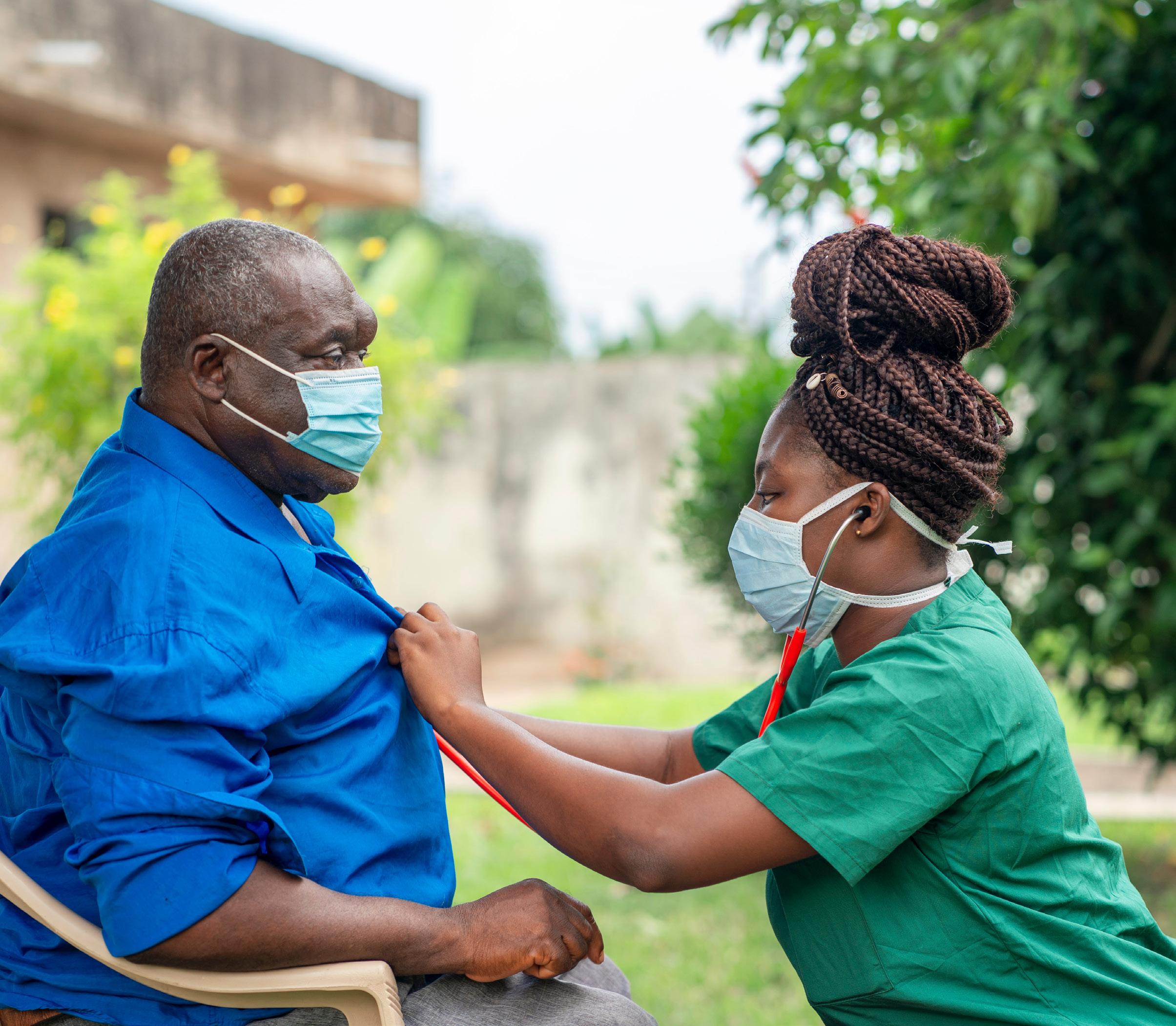

TRANSFORMING HEALTH CARE. EMPOWERING COMMUNITIES. MAKING A DIFFERENCE.

of skills, knowledge, and deep care for our communities. The professors are all phenomenal, and I feel completely supported, encouraged, and understood as an already-working professional with a busy life outside of a full-time doctorate program.”
—MARISA ’24 DNP-FNP
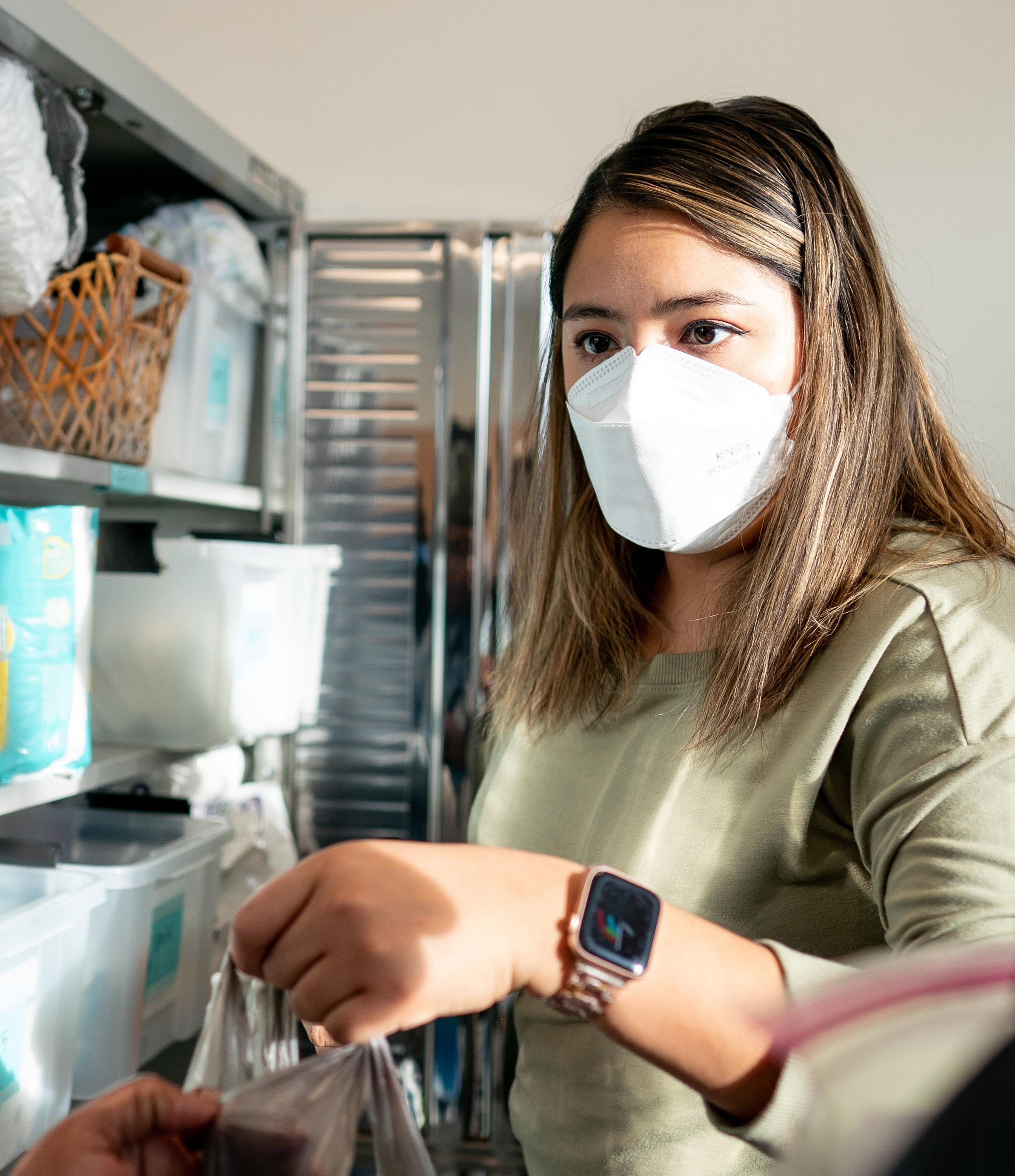
GRADUATE PROGRAMS IN NURSING AT AUGSBURG UNIVERSITY
MA in Nursing | DNP–Family Nurse Practitioner | DNP–Transcultural Nursing Leadership
Augsburg University offers comprehensive graduate programs for registered nurses who want to advance their careers. With a DEIJ focus, an Augsburg nursing education builds on civic engagement and critical thinking of complex health systems and practices, preparing advanced nurses to address disparities and systemic injustices.

LEARN MORE AT AUGSBURG.EDU/NURSING
Meeting Mental Health Needs
By Louis Pilla
n the press of caring for patients, family nurse practitioners (FNPs) must tend to a patient’s physical well-being and mental health. Caring for a patient’s mental status can be vital to meeting healthcare needs.
As primary care providers, FNPS play a significant role in tending to mental health concerns. The American Association of Nurse Practitioners (AANP) reflected that 88% of the nation’s NP workforce are certified in an area of primary care, with over 70% delivering primary care services, notes LaMicha M. Hogan, PhD, APRN, FNP-BC, associate dean/department chair for APRN Programs for the Texas Tech University Health Sciences Center School of Nursing-Graduate Program.
In this article, we’ll offer ways to ensure you’re attending to your patient’s mental health needs and touch on how FNP programs should educate students about mental health.
Great Impact
Though stigmatizing societal attitudes regarding mental healthcare have improved, a patient’s initial encounter with a healthcare provider will likely have the most significant impact on self-perception of a mental health complaint as well as willingness to seek continued treatment, notes Hogan.
Early detection and intervention lead to the best outcomes, in conjunction with a trusting, collaborative rapport between the patient and FNP to reduce stigma present with having a mental health condition, according to Hogan. FNPs must be aware that a patient’s mental health status
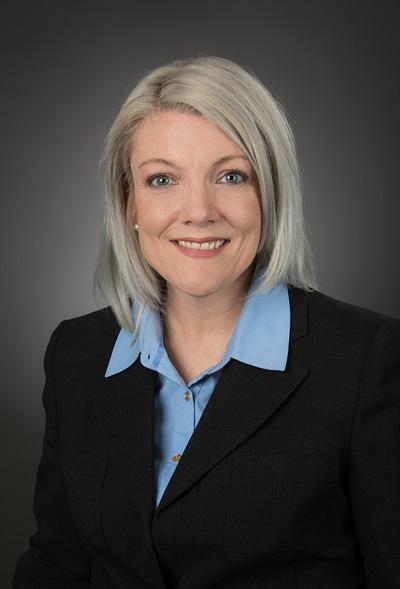
assistant professor at the University of Pittsburgh School of Nursing. “To ensure effective mental health assessments, FNPs must address and overcome organizational barriers, including time constraints, a lack of a universal screening policy, and providers’ feelings of inadequacy in conducting mental health screenings. FNPs are poised to take on leadership roles within clinical settings to address and mitigate these challenges,” she explains.
Screening Strategies
has a greater impact on chronic physical health conditions if undiagnosed or left untreated, she notes.
It’s imperative for FNPs, especially those in primary care settings, to prioritize the screening of conditions such as depression and anxiety, notes Amanda Ringold, DNP, FNP-BC, CRNP, SANE-A,
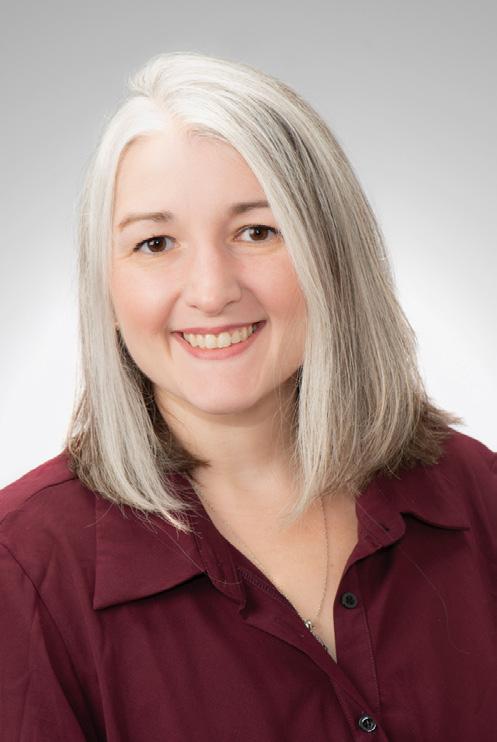
Various strategies exist for dealing with mental health during patient care visits. For instance, Ringold notes that not every screening needs to be done face-to-face with the FNP. Instead, screenings can be conducted with pen and paper in the waiting room or via an app before the appointment. She notes that other team members, including nurses or medical assistants, can be trained in administering the screenings.
Lisa Johnson, DrNP, CRNP, ACNP-BC, associate professor and DNP/NP Program Coordinator at Gwynedd Mercy University, agrees that
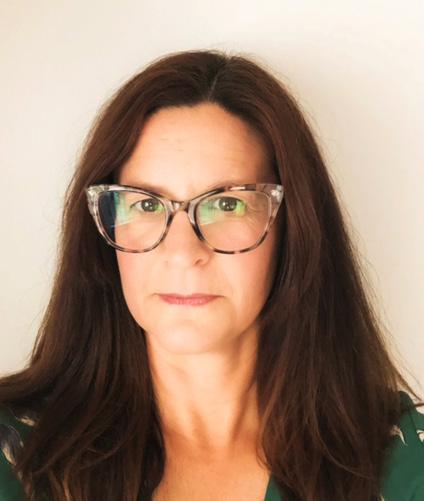
patients can complete questionnaires in the waiting room or before the visit. However, “we have to be cautious not to fatigue patients with questionnaires and to ascertain their reading level and primary language prior to requesting a mental health assessment be completed by the patient,” she warns.
According to Ringold, the care setting and patient population should dictate the most appropriate screening tools. The most frequently used tools, she notes, include the Patient Health Questionnaire-9 (PHQ-9) , the Generalized Anxiety Disorder -7 (GAD-7), and the Alcohol Use Disorders Identification Test (AUDIT). When time is limited, notes Ringold, FNPs can use abbreviated versions of screenings such as the PHQ2, a two-question alternative to the PHQ-9.
Irene W. Bean, DNP, FNP/ PMHNP-BC, FAAN, FAANP, FNAP, CEO of Serenity Health Care, P.C., and Tennessee State Rep for AANP, says to pay attention to a patient’s body language once in a patient encounter. Watch for poor eye contact or note whether a patient has been crying.
She says to pay attention to slurred speech and be aware of signs such as a patient who typically speaks loudly suddenly speaking in a whisper or a normally talkative patient now being reserved.
FNP Programs
Johnson says NP educational standards emphasize assessing mental health in varied patient populations. Healthcare providers and institutions of higher education need to focus on the cultural considerations
of mental health disorders and further emphasize collaborative communication between primary care and mental health providers, she notes.
Hogan says clinical competencies are best attained via a competency-based educational model throughout the FNP curricula. Specialized courses on mental health, simulation training, interprofessional education, and clinical rotations in primary care settings can develop competence. She says that after graduation, FNPs should maintain continuing education specific to FNP’s scope of practice and evidencebased care for mental health concerns.
Ringold notes a growing trend of students at the University of Pittsburgh School of Nursing opting for dual FNPPMHNP degrees.
Scope of Practice
While FNPs can treat mental health conditions such as basic anxiety and depression, they need to be mindful of their state’s scope of practice, says Bean. For patients with
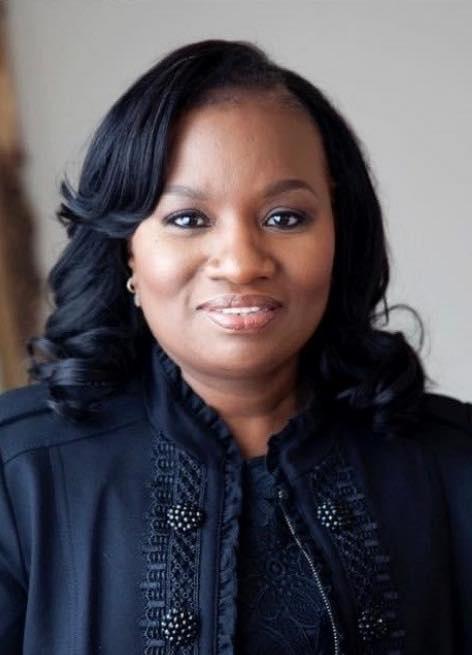
conditions such as bipolar disorder or schizophrenia, you may be stepping outside your practice scope and may need to refer the patient to a specialist, she says
“One thing that I would stress, and I stress to my students, is that you want to protect your license. You want to ensure the patient is safe while protecting your license,” Bean says.
Calling on Compassion
When you realize your patient is anxious, depressed, or dealing with a mental health issue, “What you don’t want to do is rush that patient from that conversation,” says Bean. “You’re going to miss a lot of things when you rush patients who have a mental health crisis through your clinic,” Bean says.
“You have to have compassion for patients dealing with
a crisis. Their crisis may not be something you feel is a crisis, but to them, it’s everything. You can’t discount their feelings, and you can’t discount what you’re seeing in that patient.”
Louis Pilla is a seasoned publishing expert with over 20 years of experience providing content and digital products to healthcare audiences.
 Irene W. Bean, DNP, FNP/PMHNP-BC, FAAN, FAANP, FNAP, is CEO of Serenity Health Care, P.C. and Tennessee State Rep for AANP.
Irene W. Bean, DNP, FNP/PMHNP-BC, FAAN, FAANP, FNAP, is CEO of Serenity Health Care, P.C. and Tennessee State Rep for AANP.
